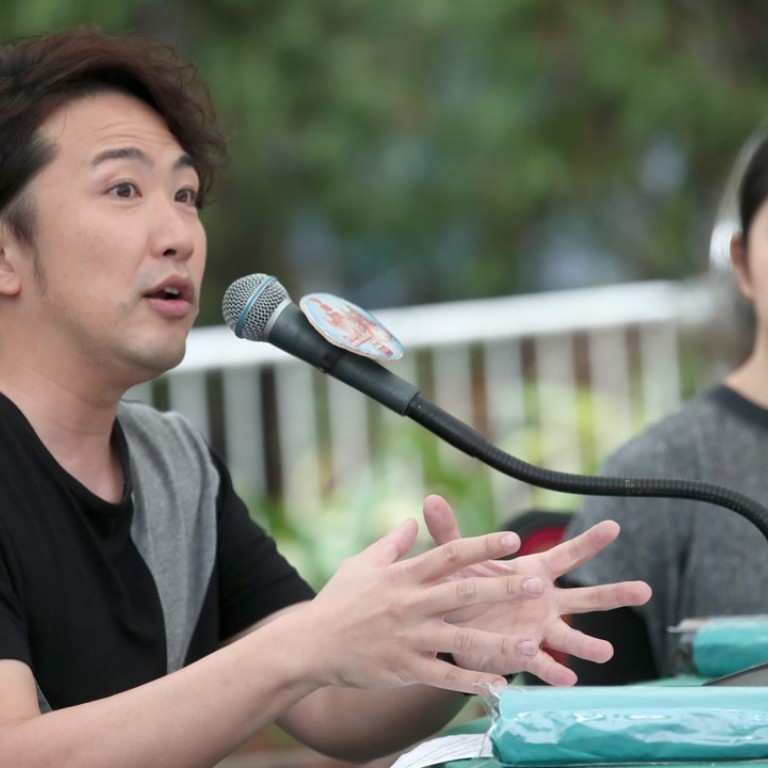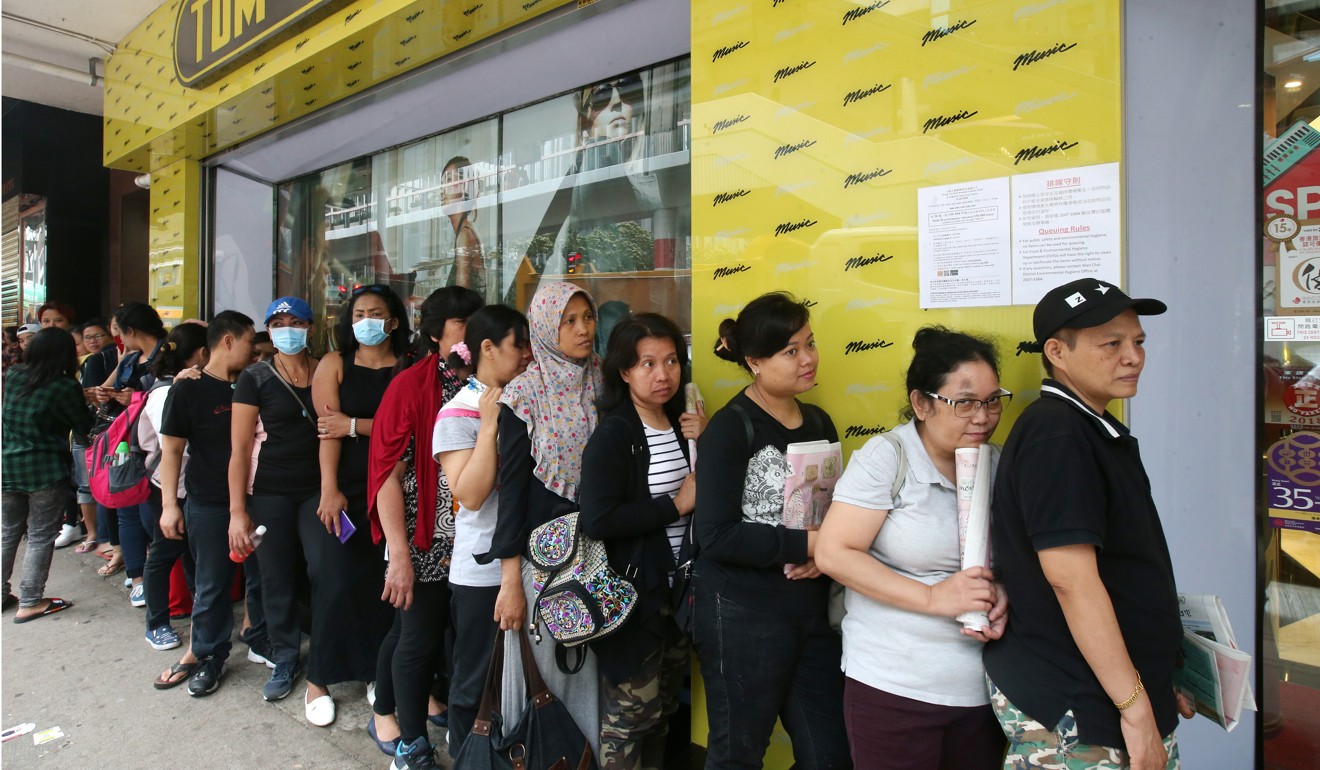
Hong Kong’s proposed anti-scalping measures could affect a third of ticket sales for some performers, Canto-pop singer Peter Cheung says
- Lawmakers and industry representatives agree that penalties should be increased but have reservations about real-name system and other changes
Hong Kong’s proposed anti-scalping plan, which requires buyers to provide their names when getting tickets, could affect about a third of ticket sales for some performers, a Canto-pop singer said on Wednesday.
Peter Cheung Shung-tak’s comments came after the Home Affairs Bureau submitted a paper to lawmakers on Tuesday that suggested measures such as a real-name ticket buying system, lowering the ratio of tickets allocated to business partners and subscribers, and criminalising touting at government-managed venues.
The proposal, however, did not include tougher penalties for scalping, although the existing maximum fine of HK$2,000 (US$255) has been criticised as being out of date.
On an RTHK radio programme on Wednesday, several performing industry representatives and lawmakers all agreed that the penalty should be increased, but expressed reservations over the real-name system and the lowered ratio for internal ticket distribution.
Cheung said many of his fans were older and thus tended to buy tickets over the phone instead of via online platforms.
“If you start the real-name system, I believe it will affect a portion of the audience, because it will be more troublesome for them,” he said.
Cheung estimated that the real-name system could affect at least 30 per cent of ticket sales on his show, and could lead to similar difficulties for smaller production companies. He did not elaborate on what this meant.

Lawmaker Edward Lau Kwok-fan, of the Democratic Alliance for the Betterment and Progress of Hong Kong, said such a system should not be compulsory. He suggested that the government provide incentives for small businesses, such as priority in venue allocation or rental concession, to encourage them to use it.
Democratic lawmaker Au Nok-hin, vice-chairman of the Legislative Council’s home affairs panel, said the real-name system could raise concerns over personal data leaks. He urged the government to address this problem.
Reducing the ratio of internal subscription will have no effect in combating ticket scalping
Florence Chan Sock-fun, chairwoman of the Performing Industry Association, said that although show organisers were allowed to reserve up to 80 per cent of tickets for sponsors and other internal subscribers, in reality, there were no shows reaching this upper limit.
Internal subscription provided important flexibility for organisers if public sales did not go well, Chan said. She added that no matter how many tickets were sold publicly, there would always be scalping if the penalty was not high enough.
“Reducing the ratio of internal subscription will have no effect in combating ticket scalping,” Chan said.
Association vice-chairwoman Lisa Hui Ping-sum said online scalping platforms based overseas should also be addressed. She said in countries like Britain and Germany, the government could sue such websites or prohibit tickets for local sports events from being sold on these platforms.
Democratic Party lawmaker Andrew Wan Siu-kin suggested that the government ban the use of “bots” – computer programmes that some scalpers use to automatically buy multiple tickets within seconds.
“Even when box office sales for Andy Lau's concert were stopped, people still couldn’t buy tickets because of these bots,” Wan said. “These bots are not expensive, and scammers can use them repeatedly.”
Counter sales for tickets to singer Andy Lau Tak-wah’s concerts had to be suspended in August following a knife attack in the queue. Fans had to buy tickets online or over the phone.
An outcry over scalping erupted this summer after tickets for several popular shows were snapped up quickly and resold for up to 20 times the original price, despite fans having queued for days in advance at box offices.
Touting at the government-managed Hong Kong Coliseum in Hung Hom, Queen Elizabeth Stadium in Wan Chai and other premises managed by the Leisure and Cultural Services Department are not covered by existing anti-scalping laws, which forbid ticket resales at private venues at higher than face value.
Additional reporting by Alvin Lum

